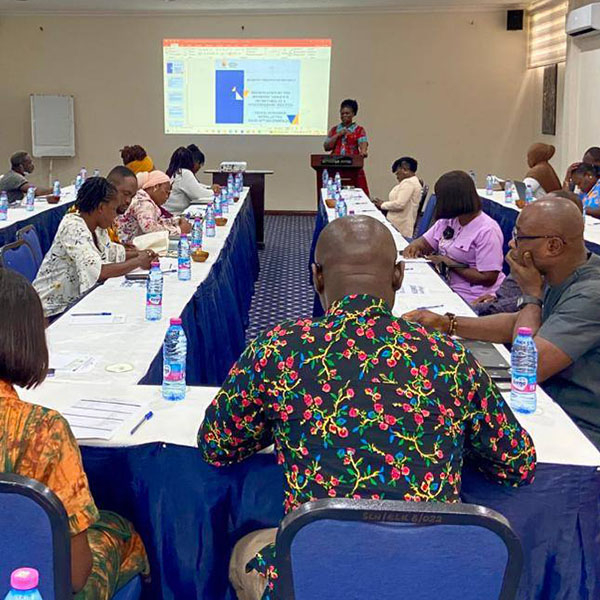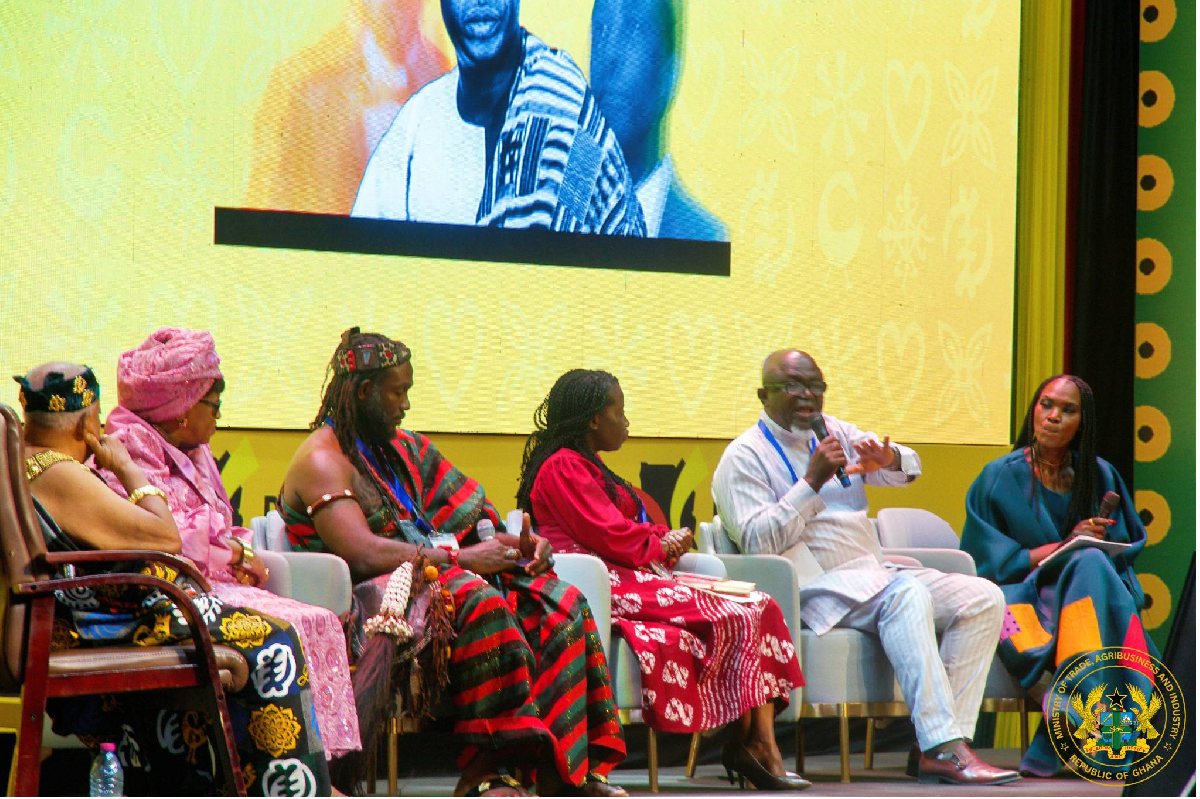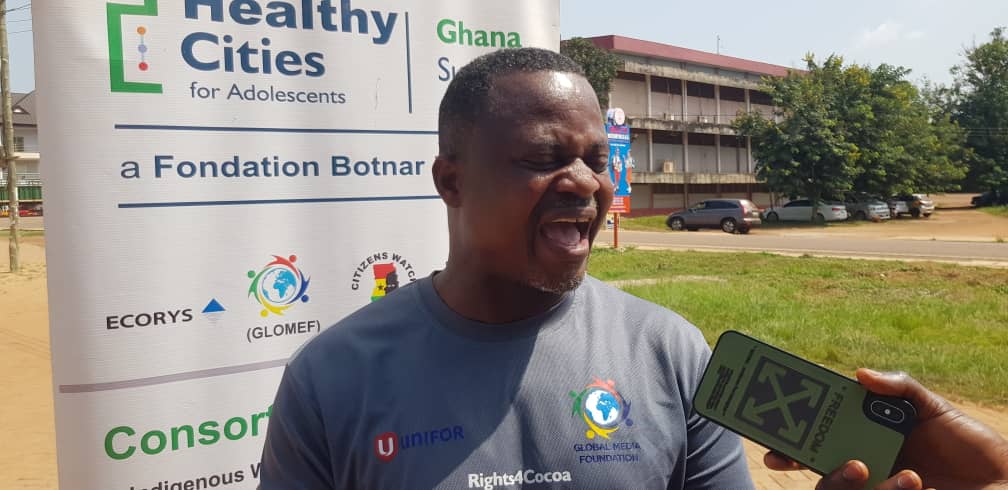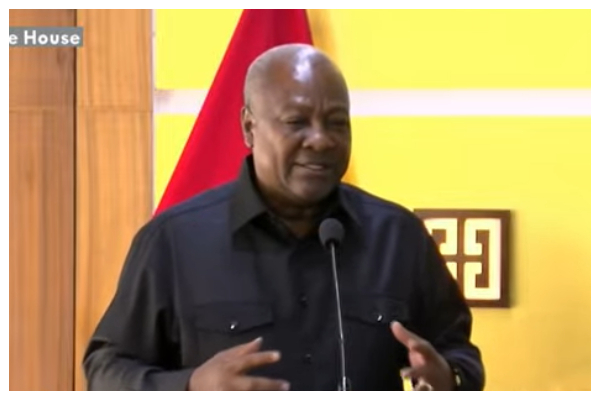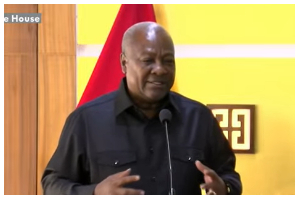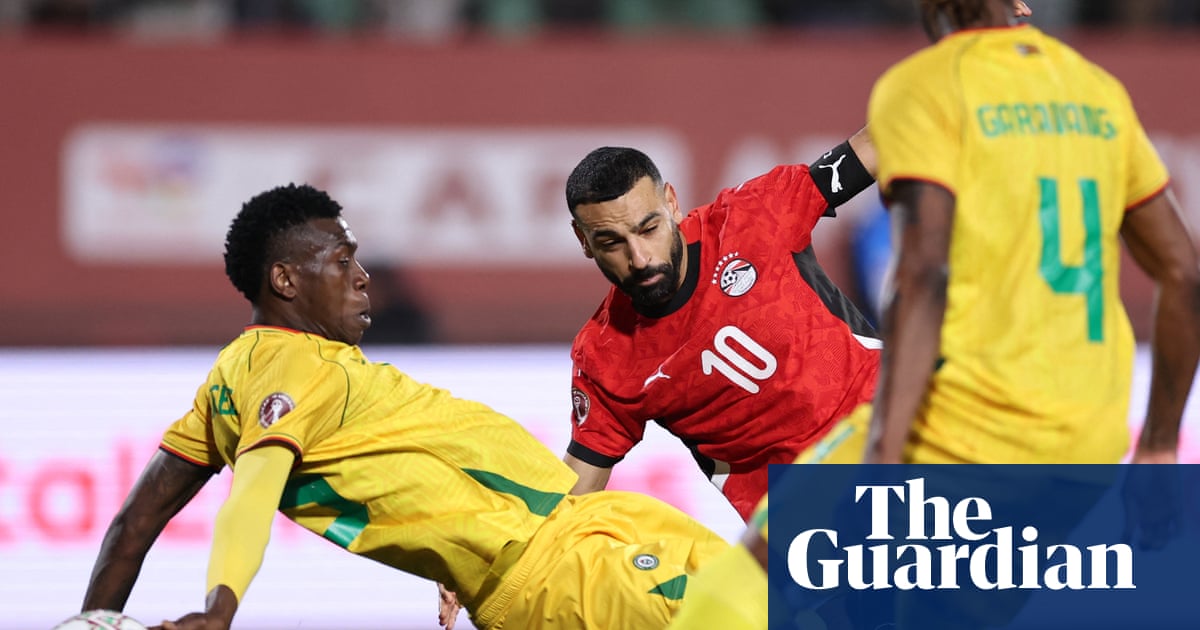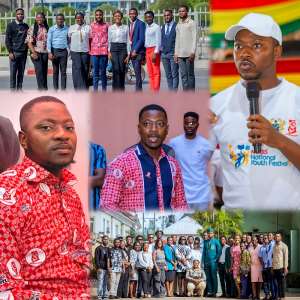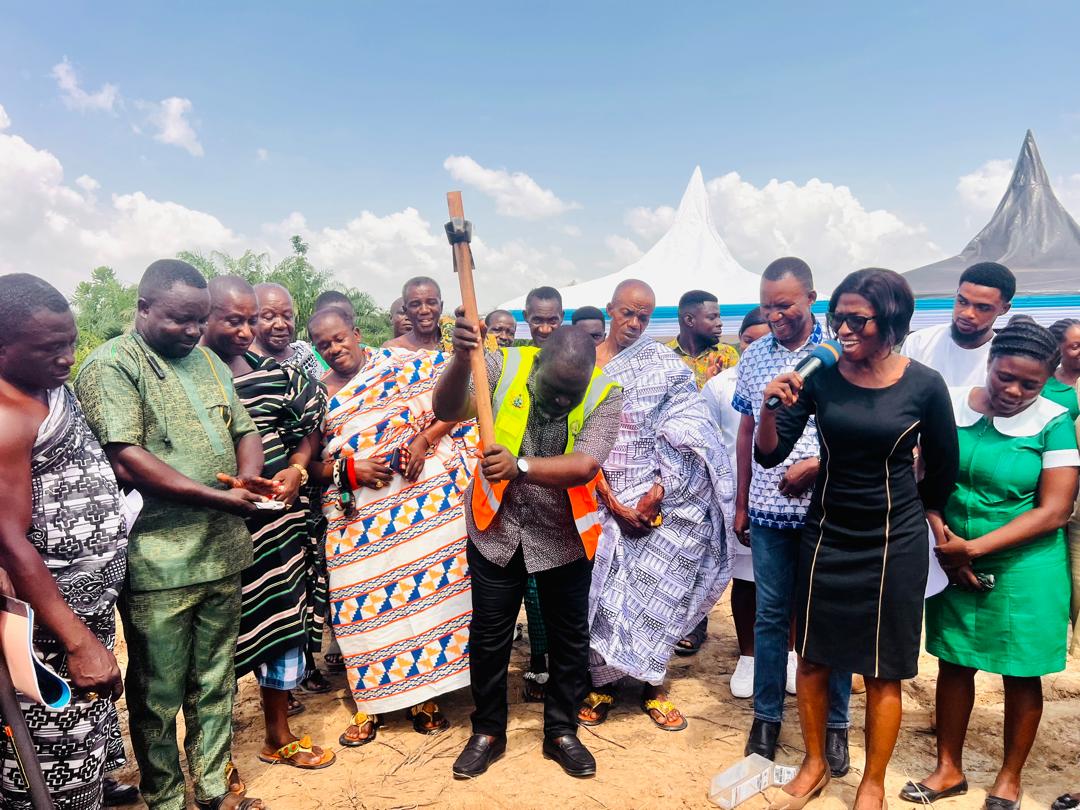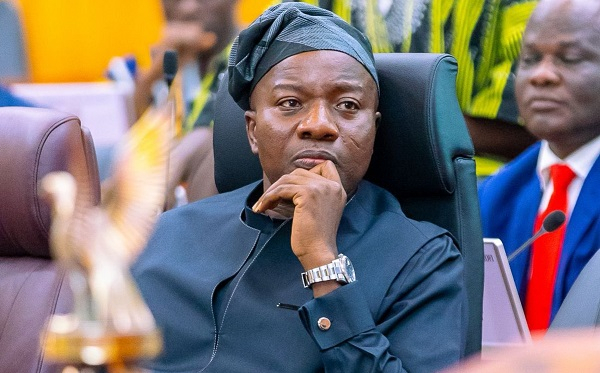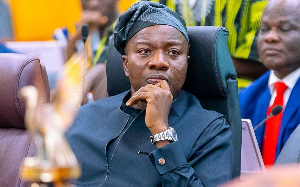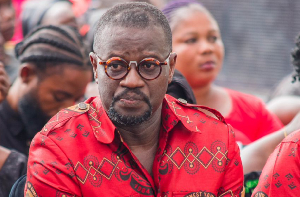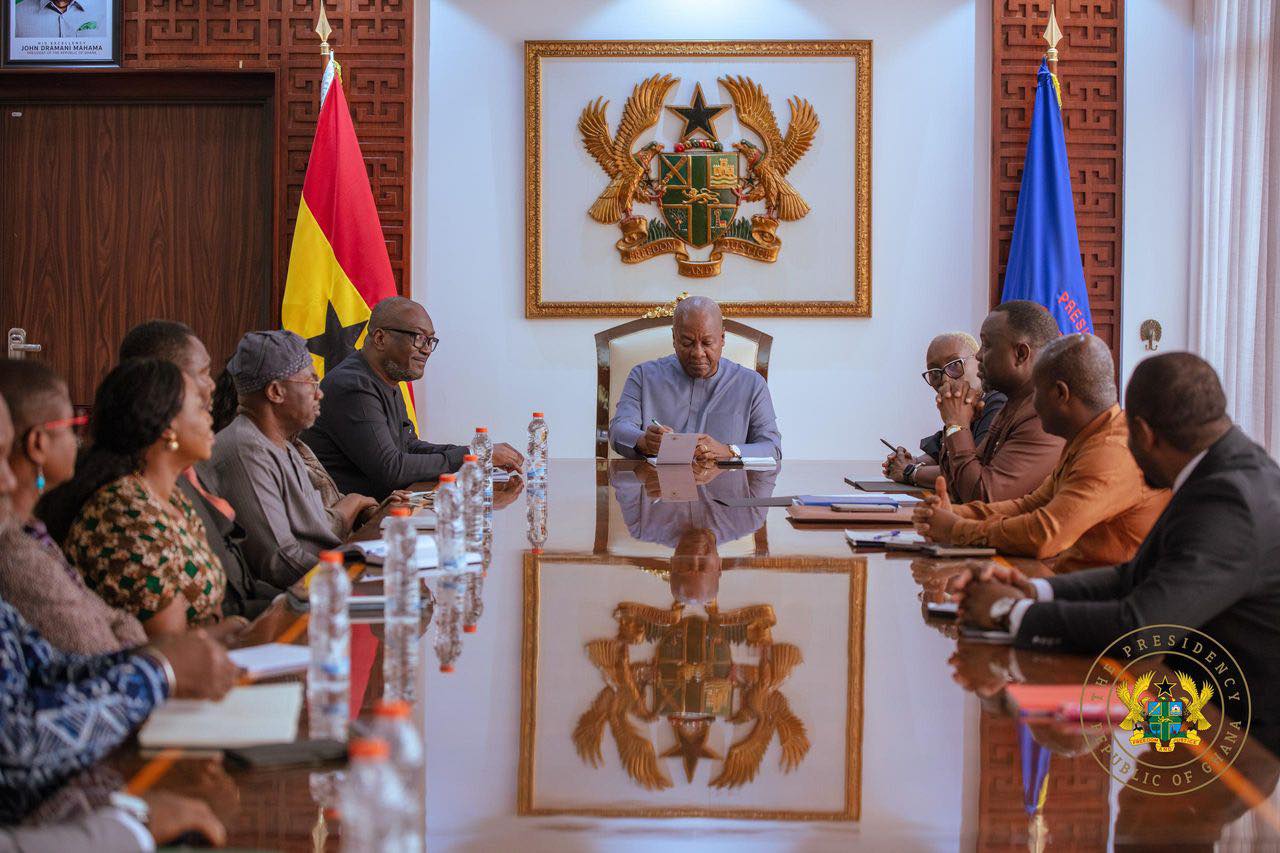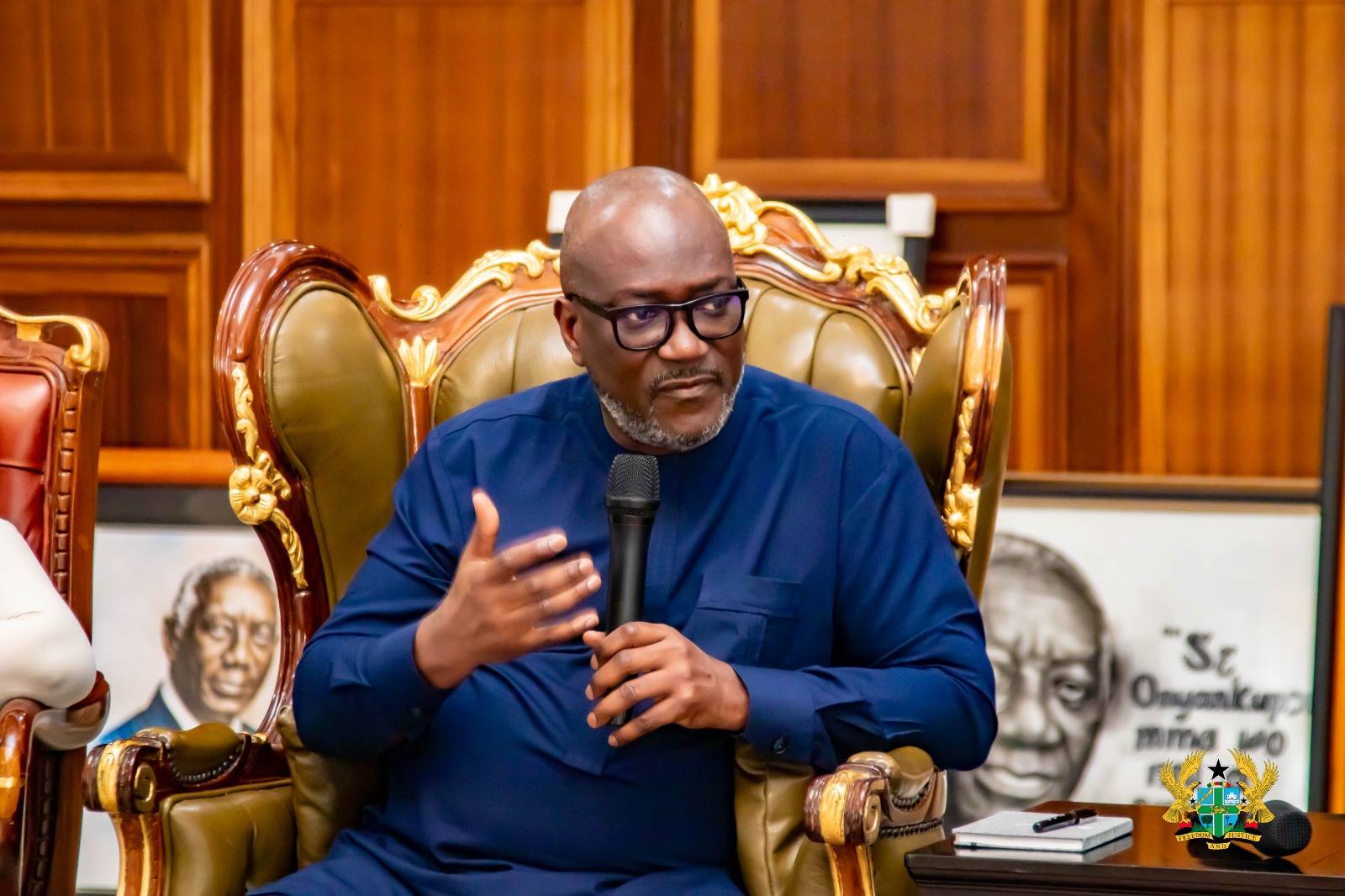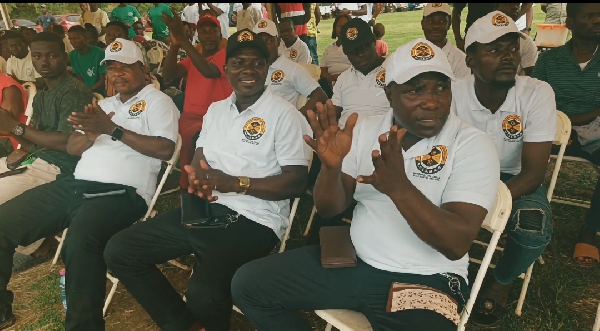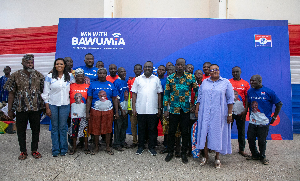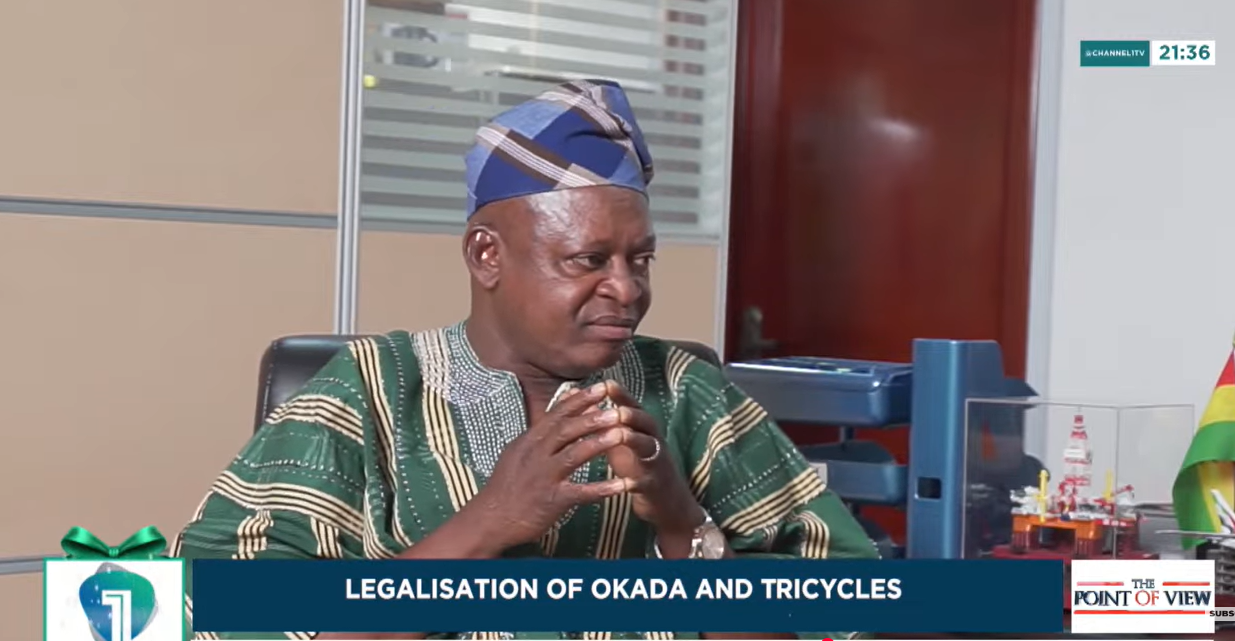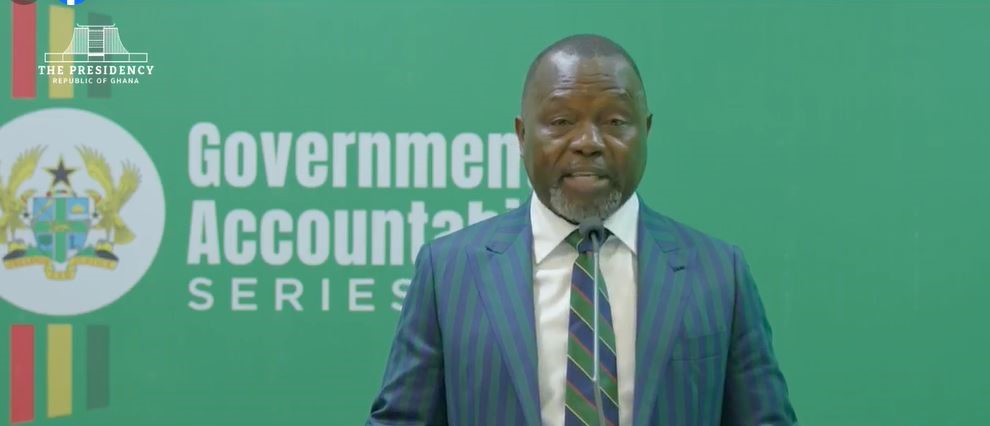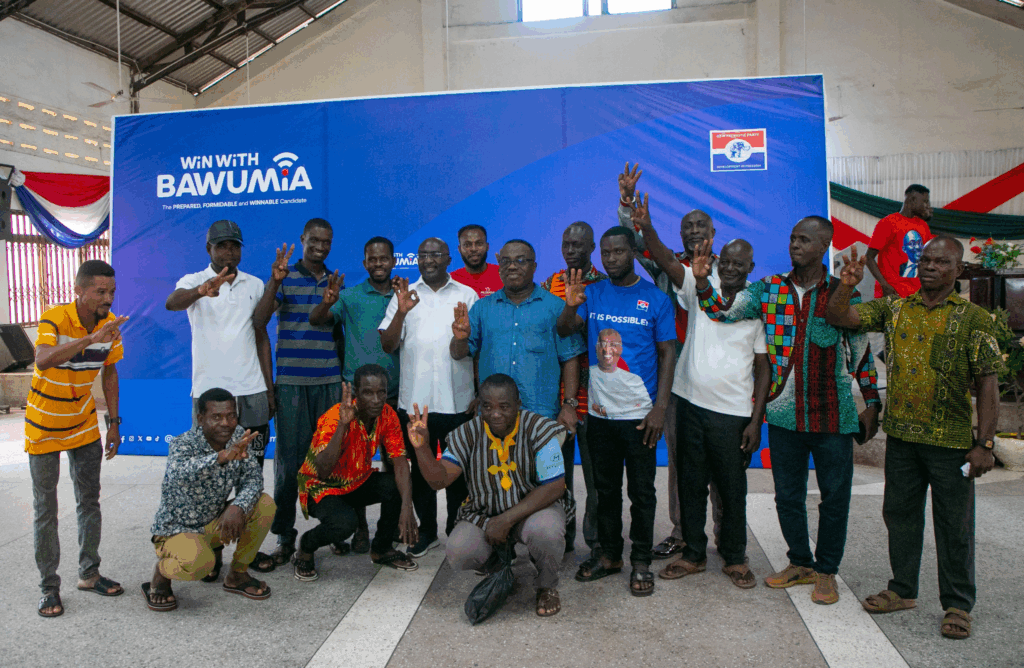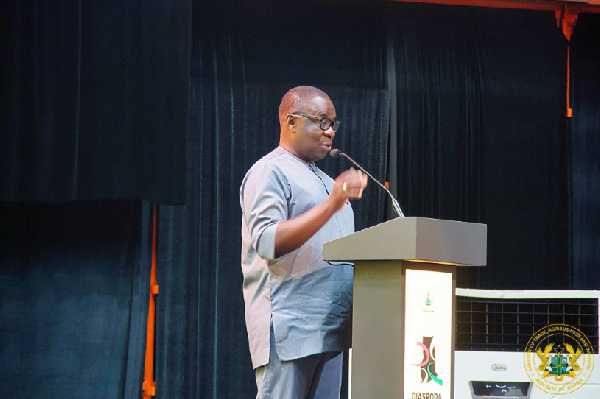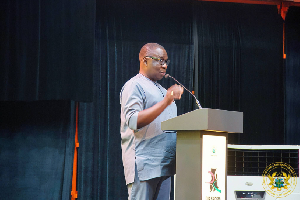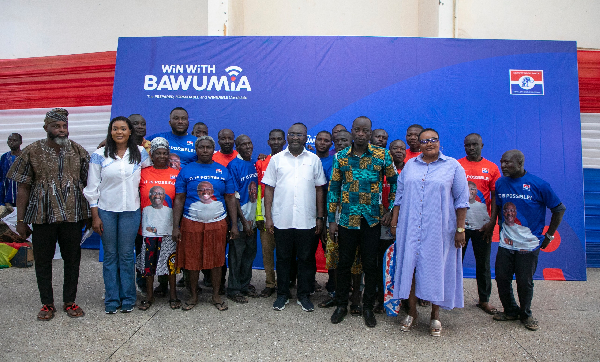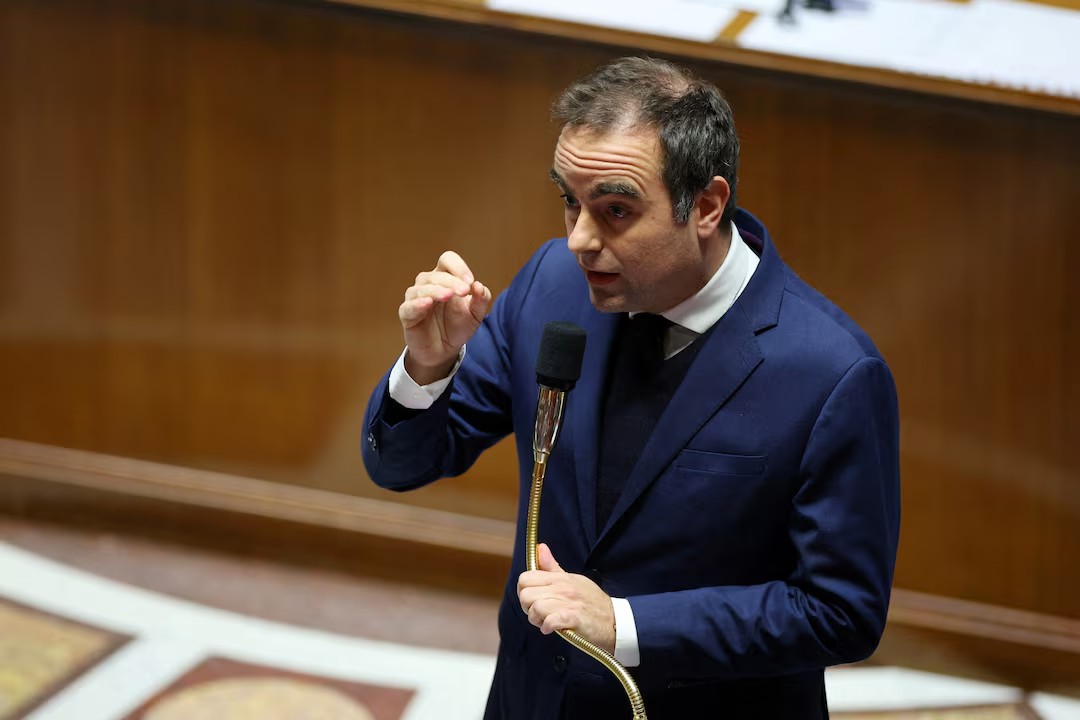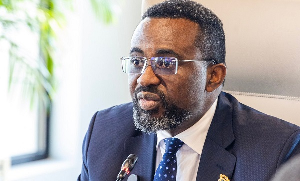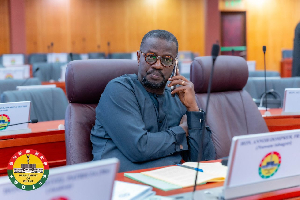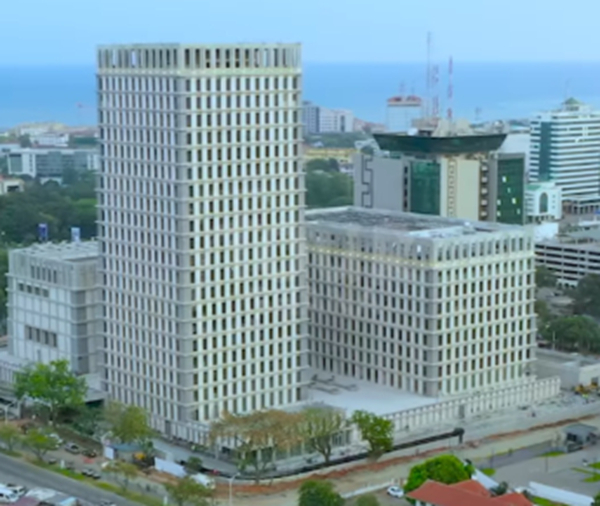1. Framing the Reform Agenda: What the CRC Is Responding To
The CRC’s final recommendations are not merely technical amendments; they represent a diagnosis of the limits of Ghana’s Fourth Republican constitutional order. While the 1992 Constitution has delivered political stability, peaceful alternation of power, and civil liberties, the Committee argues that it has not sufficiently translated democratic competition into developmental outcomes.
Where the 1992 Constitution prioritised:
Regime stability after military rule
Strong presidential authority
Electoral legitimacy as the core democratic value
The CRC proposes a recalibration towards:
Developmental governance
Institutional accountability over personal discretion
Participation, inclusion, and long-term national planning
This philosophical shift underpins virtually every recommendation.
2. The Executive: From Imperial Presidency to Disciplined Leadership
Under the 1992 Constitution, the President enjoys extensive appointment powers (Articles 70, 78).
Over 90 ministers can be appointed, many from Parliament. Presidential emoluments are tax-exempt. Post-presidency immunity is broad and open-ended. Weak enforceability of ministerial censure by Parliament.
This architecture has produced what critics describe as an “imperial presidency”, concentrating power and blurring accountability.
CRC’s Key Interventions
Five-year presidential term (instead of four), aligned with development planning cycles.
Taxation of presidential emoluments, symbolically ending elite exceptionalism.
Limits on post-office immunity, allowing civil suits and time-bound criminal prosecution.
Strict caps on ministerial appointments and removal of MPs from ministerial roles.
Mandatory dismissal of censured ministers.
Clear categorisation of public offices (executive, independent, hybrid) with differentiated appointment procedures.
Analytical Significance
The CRC seeks to discipline executive power without weakening executive effectiveness. Unlike the 1992 Constitution, which assumes good faith in presidential discretion, the CRC builds procedural safeguards and institutional counterweights directly into the text.
3. Parliament and Representative Democracy: From Rubber Stamp to People-Centred Legislature
Under the 1992 Constitution, Parliament is numerically expandable without a hard cap.
MPs double as ministers, weakening oversight. Limited space for Private Members’ Bills. Public participation in lawmaking is implied, not guaranteed.
Parliamentary leadership often influenced by party executives.
CRC’s Recommendations
Cap Parliament at 276 MPs, preventing unchecked expansion. Extend parliamentary tenure to five years, aligned with the presidency. Open, recorded voting on constitutional amendments.
Guaranteed public participation in legislative processes. Constituency town halls as a constitutional obligation. Expanded scope for Private Members’ Bills.
Stricter conflict-of-interest rules for MPs.
Analytical Comparison
The 1992 Constitution emphasises representation through elections; the CRC advances representation through continuous engagement, transparency, and deliberation. Parliament is reconceived not as a partisan battleground but as a problem-solving institution.
4. Political Parties and Elections: Reducing the Cost and Toxicity of Politics
Under the 1992 Constitution Political parties are lightly regulated. Campaign finance controls are weak.
The Electoral Commission combines election management with party regulation. No public funding framework for party development.
CRC’s Innovations
Creation of an Independent Registrar and Regulator of Political Parties and Campaigns (IRRPC).
Monetisation controls: caps on campaign spending, shorter campaign periods.
Mandatory disclosure and auditing of party finances.
Democracy Fund to support policy development and inclusion (women, youth).
Enforced internal party democracy.
Analytical Significance
The CRC confronts a major blind spot of the 1992 Constitution: the political economy of elections. The reforms recognise that unchecked money politics undermines equality, accountability, and governance quality.
5. Developmental State Architecture: What the 1992 Constitution Lacked
Under the 1992 Constitution National Development Planning Commission exists but lacks binding authority.
Annual budgets are weakly linked to long-term plans. Natural resource governance is fragmented.
No debt ceilings or independent fiscal oversight bodies.
CRC Proposals
National Development Plan with constitutional force, binding successive governments.
Legislative and budgetary alignment with the Plan.
Independent Fiscal Council.
Stronger constitutional principles for natural resource exploitation.
Recognition of ecocide as a constitutional concern.
Community-level benefit-sharing for extractive industries.
Analytical Shift
The CRC attempts to constitutionalise developmental discipline, addressing the “policy discontinuity” problem that the 1992 Constitution left unresolved.
6. Accountability Institutions: From Formal Independence to Functional Independence
Under the 1992 Constitution Bodies like the EC, NCCE, NMC, CHRAJ exist but:
Appointments are heavily presidential.
Tenure rules vary.
Enforcement powers are often weak.
CRC’s Approach
Merit-based, competitive appointment processes.
Fixed, non-renewable terms for key office holders.
Cooling-off periods after service.
Binding “acting on the advice of” provisions (overturning restrictive Supreme Court interpretations).
Analytical Impact
The CRC shifts independence from symbolic autonomy to institutional insulation, directly correcting interpretive weaknesses exposed over the years.
7. Rights, Inclusion, and Social Justice: Updating the Rights Framework
Under the 1992 Constitution Strong civil and political rights. Limited recognition of socio-economic rights.
Retains the death penalty, Weak digital privacy protections.
CRC Enhancements
Abolition of the death penalty.
Explicit rights to food, housing, health, and education.
Digital privacy protections.
Expanded protections for women, children, persons with disabilities.
Addressing discrimination against Zongo and mobile communities.
Analytical Observation
The CRC aligns Ghana’s rights regime with contemporary human rights norms, moving beyond the minimalist liberal framework of 1992.
8. Decentralisation: Making “All Development Local”
Under the 1992 Constitution MMDCES appointed by the President. Fiscal decentralisation is limited.
Central government dominance persists.
CRC Reforms
Election of MMDCES (with defined scope). Independent Devolution Commission. Rationalisation of district creation. Enhanced fiscal autonomy for local governments.
Analytical Shift
Decentralisation is reframed from administrative convenience to democratic empowerment and local development.
9. A Living Constitution: Reforming the Amendment Process Itself
Perhaps the most far-reaching idea is the CRC’s insistence on ending constitutional stagnation:
Addressing over-entrenchment. Allowing popular initiative in constitutional amendments.
Removing obsolete or private bodies from the Constitution.
This is a direct response to the rigidity of the 1992 Constitution, which has made reform politically expensive and procedurally daunting.
Conclusion: Continuity with Transformation
The CRC does not reject the 1992 Constitution; it builds upon its democratic foundations while correcting its structural blind spots. Where the 1992 Constitution prioritised stability after authoritarian rule, the CRC prioritises performance, inclusion, accountability, and development.
In essence, the proposed reforms seek to ensure that Ghana’s democracy does not merely count votes, but delivers value—turning constitutional democracy into a genuine engine of national development.
